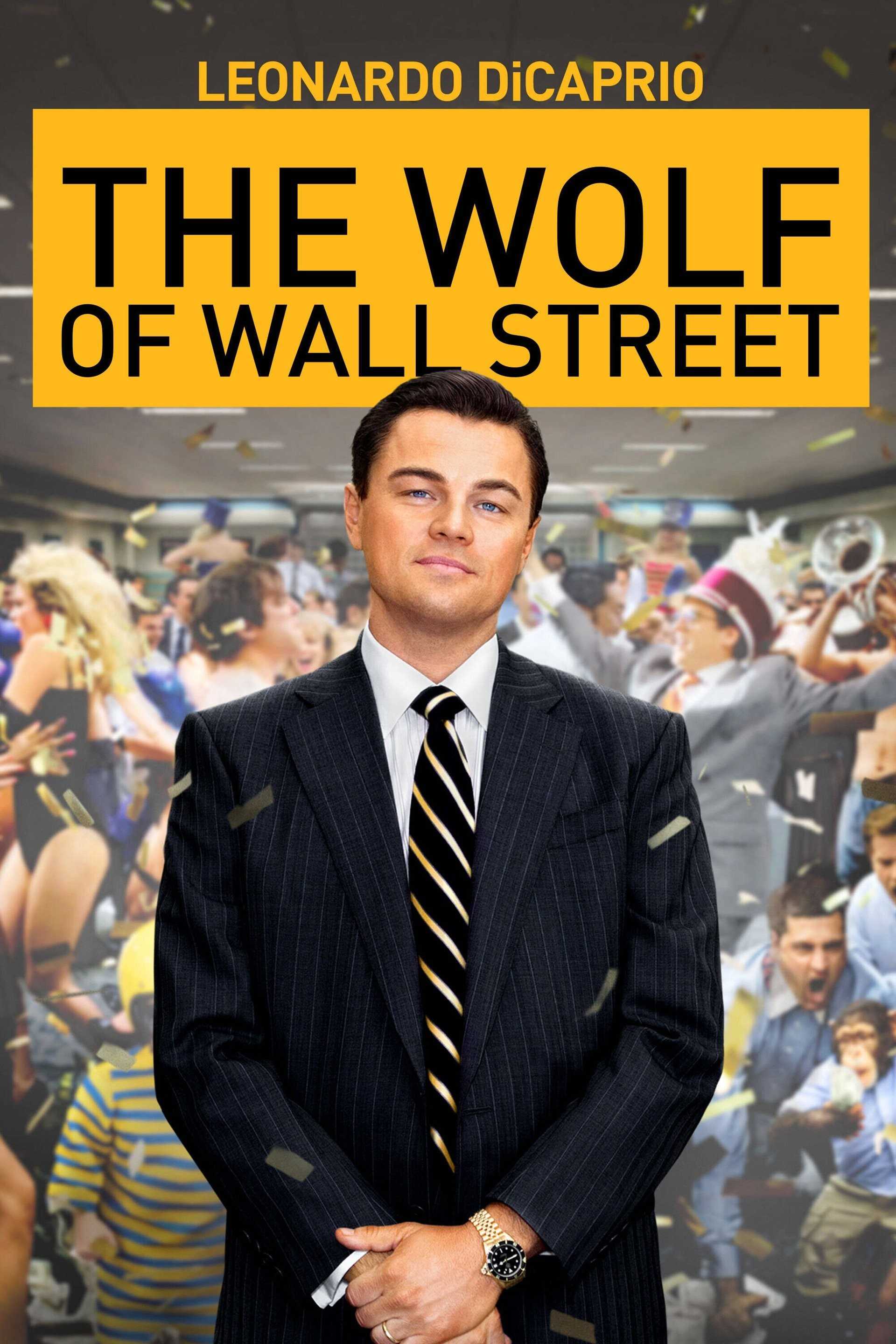Revisiting Martin Scorsese’s bold satire The Wolf of Wall Street
Delving into Martin Scorsese's The Wolf of Wall Street, a film that pushed cinematic boundaries with its vivid portrayal of excess and moral decay.

The Wolf of Wall Street (2013) (Source: IMDb)
Nearly a decade ago, Martin Scorsese unleashed The Wolf of Wall Street, a film that dove headfirst into the intoxicating and corrupt world of Wall Street excess. Today, looking back, it stands as a cinematic monument to extravagance and moral ambiguity. The film's narrative, based on Jordan Belfort's rise and fall, captures the essence of Wall Street's unrestrained ambition and greed. He gets into a Wall Street firm in the eighties, passes his Series 7 exam, and becomes a broker, the film narrates, setting the stage for a journey filled with unchecked avarice and hedonism.
The satirical brilliance and moral ambiguity of Scorsese's direction
Scorsese's approach to Belfort's story was nothing short of audacious. The film, punctuated with long, feverish motivational speeches, showcases Leonardo DiCaprio's Jordan Belfort as a larger-than-life figure, exuding charisma and corrupt magnetism. "As performance, they’re amazing if you prize brazen overacting," the film critiques, acknowledging the over-the-top nature of these monologues. The depiction of Stratton Oakmont's trading floor is a whirlwind of chaos and debauchery. Scenes of orgies, drug binges, and extreme wealth display a world teetering on the brink of moral disintegration. Everything is pushed to the edge of mania and disintegration, the film observes, capturing the frenzied state of Belfort's empire.
Scorsese's film transcends mere storytelling; it becomes a satirical commentary on the darker aspects of the American dream. The film's portrayal of the brokers' revelry and contempt for their clients paints a picture of a world lost to greed. Listening to Jordan’s speeches, these brokers go nuts, cheering and pumping their fists like a crowd at a Fascist rally, the film reflects, underlining the dangerous allure of Belfort's rhetoric.
The legacy of The Wolf of Wall Street
Looking back, The Wolf of Wall Street stands as a testament to Scorsese's skill in crafting films that are as provocative as they are entertaining. The movie's relentless energy and bombastic style are emblematic of Scorsese's ability to push cinematic boundaries. However, the film also invites introspection about its moral implications. Its depiction of women and the glorification of excess have sparked debates about the role of cinema in reflecting versus endorsing societal ills. In retrospect, The Wolf of Wall Street remains a polarizing masterpiece, a dizzying blend of satire, excess, and cinematic brilliance. It is a film that not only entertains but also challenges the viewer, leaving a lasting impression of Scorsese's daring vision.
(Several parts of the text in this article, including the title, were generated with the help of an AI tool.)






